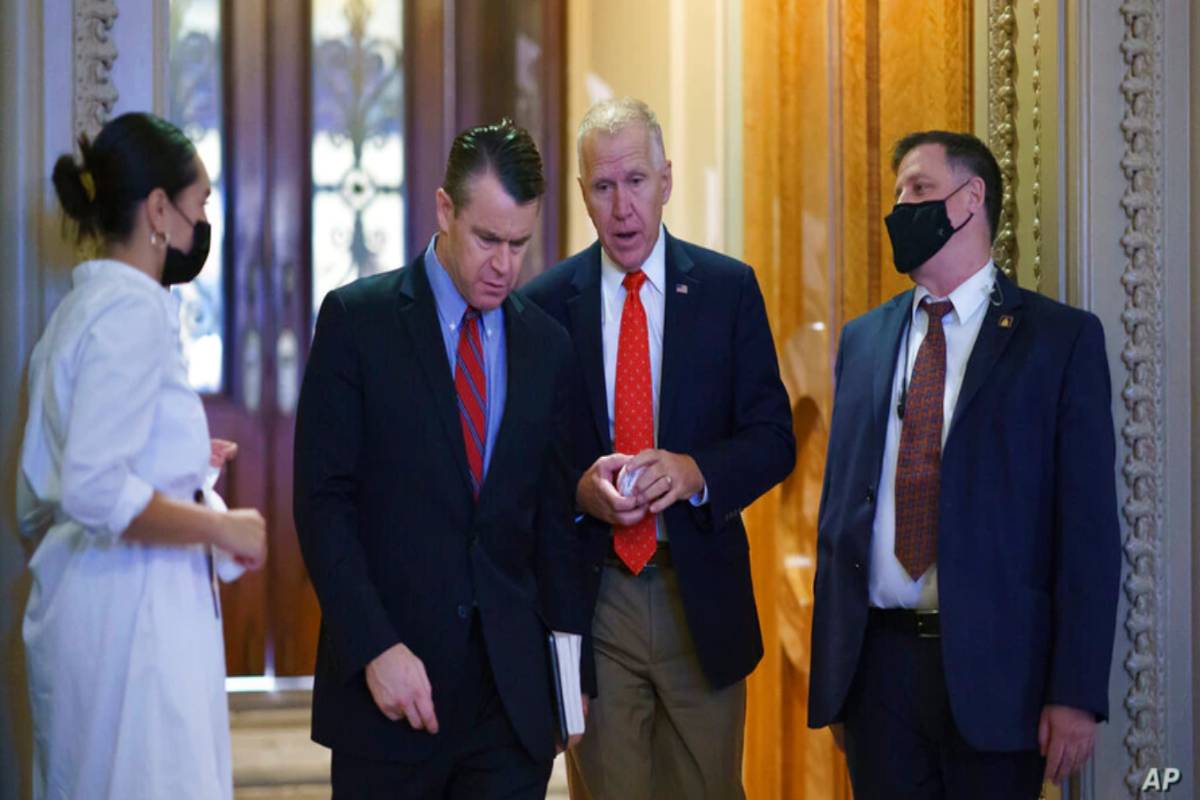Trump issues ‘last warning’ to Hamas as US confirms direct hostage talks
US President Donald Trump has issued what he called a "last warning" to Hamas to release the hostages being held in Gaza.
Senate Republican Leader Mitch McConnell said on Saturday that Republicans want more amendment votes before a final vote.

The US Senate has voted to clear a key procedural hurdle to advance a roughly $1 trillion bipartisan infrastructure bill.
The Senate on Saturday voted 67-27 to break the filibuster and advance the bill for final passage, with 18 Republicans and all Democrats backing the legislation, reports Xinhua news agency.
Advertisement
Senators are still haggling over a potential deal on amendments.
Advertisement
Without an agreement, Republicans are expected to force the Senate to run out the clock for up to 60 hours before a final vote to pass the bill, according to The Hill, a US political website.
Senate Republican Leader Mitch McConnell said on Saturday that Republicans want more amendment votes before a final vote.
“There are many outstanding amendments that are important, that would improve this legislation, and that deserve votes before the Senate is asked to vote on final passage of this bill,” McConnell said on the Senate floor.
“I hope Senators can work together in a bipartisan way to get more amendments up and continue improving this important bill,” he said.
Senate Democratic Leader Chuck Schumer said that the Senate will stay in session until it passes the bill.
“We can get this done the easy way or the hard way. In either case, the Senate will stay in session until we finish our work,” Schumer said.
“It’s up to my Republican colleagues how long it takes.”
After months of negotiations, the White House and a bipartisan group of senators reached an agreement on the infrastructure bill, which includes $550 billion in new spending on infrastructure projects.
The Congressional Budget Office (CBO) estimated last week that the bipartisan infrastructure bill would add $256 billion to US budget deficits over 10 years, indicating just more than half of the new infrastructure spending would be offset by pay-fors.
Advertisement